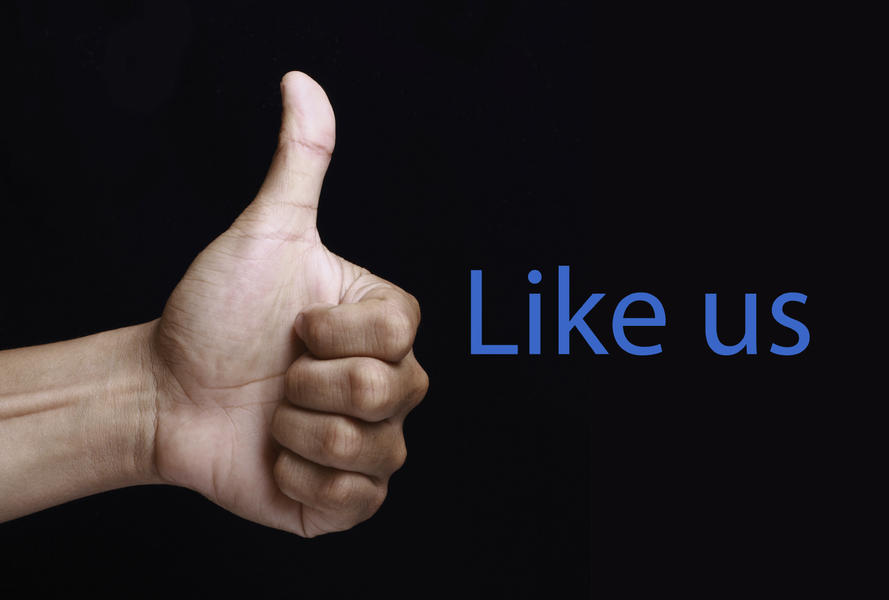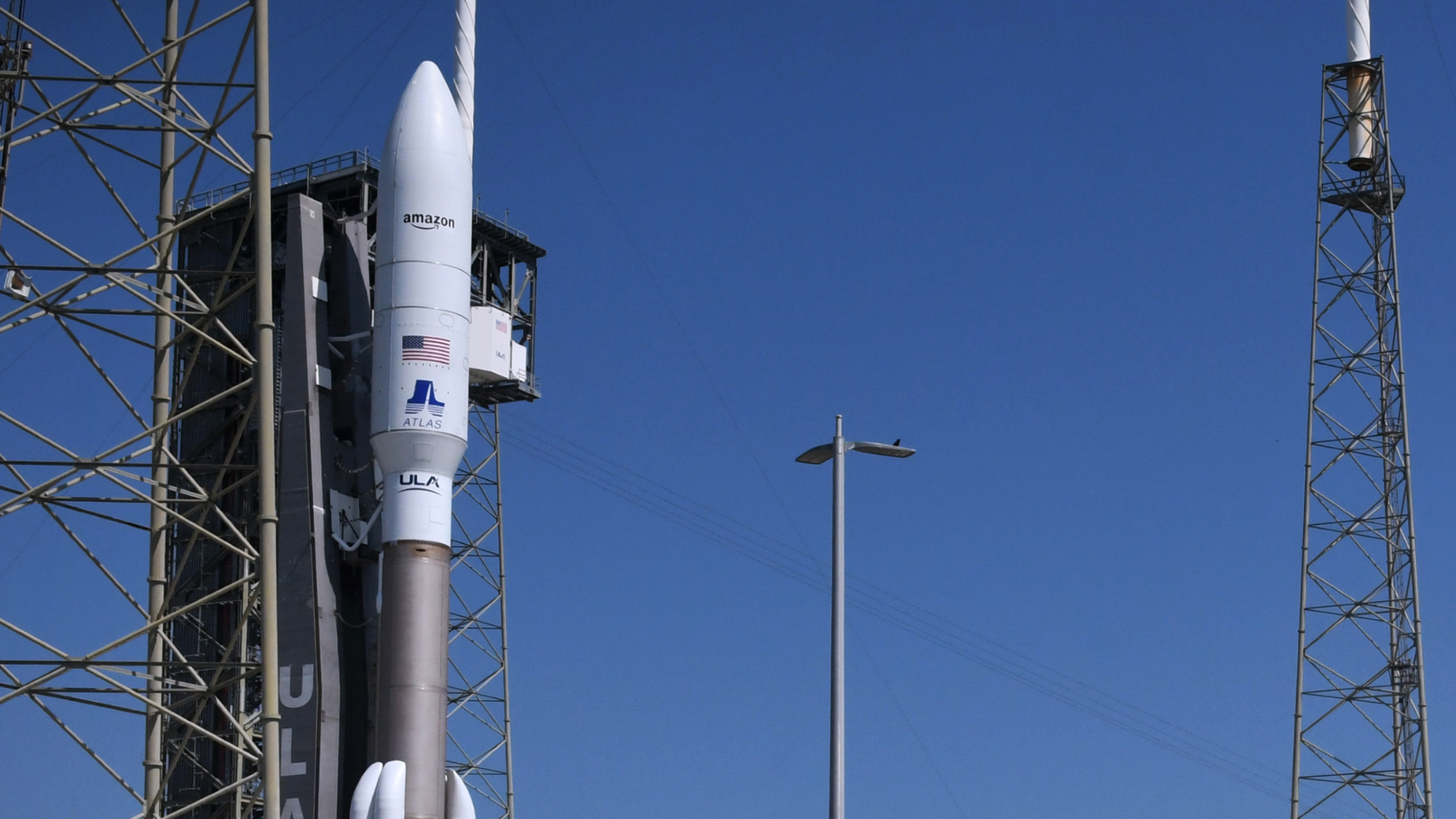Facebook's war on 'click-bait' may actually reduce click-bait


A free daily email with the biggest news stories of the day – and the best features from TheWeek.com
You are now subscribed
Your newsletter sign-up was successful
On Monday, Facebook declared that it is going to try and weed "click-bait" out of its 1.3 billion users' News Feeds. That sounds like a laudable goal — nobody likes the idea of being "baited" into clicking on a story, even though click-bait only works if people actually do click — but the problem is deciding what constitutes the offending spammy articles.
Facebook came up with a definition: "'Click-baiting' is when a publisher posts a link with a headline that encourages people to click to see more, without telling them much information about what they will see." Normally, the more clicks an article gets, the more people the Facebook algorithm serves the article to. You won't believe what Facebook did to change that: Well, actually it's pretty boring — the algorithm will now take into consideration how long users spend on an article and how many people are "discussing and sharing it with their friends."
This could actually affect how people read the news. In May, Facebook product management executive Mike Hudack posted a "rant" about "the state of the media," calling most U.S. news outlets "ghosts in a shell" that "seem incapable of breaking real, meaningful news at internet speed." Speaking for much of the media, The Atlantic's Alexis Madrigal shot back in the comments that "Facebook is the major factor in almost every trend" Hudack identified as dumbing-down the news. Madrigal said he's not a "hater," but "if you asked most people in media why we do these stories, they'd say, 'They work on Facebook.'"
The Week
Escape your echo chamber. Get the facts behind the news, plus analysis from multiple perspectives.

Sign up for The Week's Free Newsletters
From our morning news briefing to a weekly Good News Newsletter, get the best of The Week delivered directly to your inbox.
From our morning news briefing to a weekly Good News Newsletter, get the best of The Week delivered directly to your inbox.
Maybe they won't anymore. Or, click-baiters could just change how they write headlines. For what it's worth, Facebook says that "a small set of publishers who are frequently posting links with click-bait headlines that many people don't spend time reading after they click through may see their distribution decrease in the next few months." Here's hoping.
A free daily email with the biggest news stories of the day – and the best features from TheWeek.com
Peter has worked as a news and culture writer and editor at The Week since the site's launch in 2008. He covers politics, world affairs, religion and cultural currents. His journalism career began as a copy editor at a financial newswire and has included editorial positions at The New York Times Magazine, Facts on File, and Oregon State University.
-
 Political cartoons for February 22
Political cartoons for February 22Cartoons Sunday’s political cartoons include Black history month, bloodsuckers, and more
-
 The mystery of flight MH370
The mystery of flight MH370The Explainer In 2014, the passenger plane vanished without trace. Twelve years on, a new operation is under way to find the wreckage of the doomed airliner
-
 5 royally funny cartoons about the former prince Andrew’s arrest
5 royally funny cartoons about the former prince Andrew’s arrestCartoons Artists take on falling from grace, kingly manners, and more
-
 Australia’s teen social media ban takes effect
Australia’s teen social media ban takes effectSpeed Read Kids under age 16 are now barred from platforms including YouTube, TikTok, Instagram, Facebook, Snapchat and Reddit
-
 Google avoids the worst in antitrust ruling
Google avoids the worst in antitrust rulingSpeed Read A federal judge rejected the government's request to break up Google
-
 Supreme Court allows social media age check law
Supreme Court allows social media age check lawSpeed Read The court refused to intervene in a decision that affirmed a Mississippi law requiring social media users to verify their ages
-
 Nvidia hits $4 trillion milestone
Nvidia hits $4 trillion milestoneSpeed Read The success of the chipmaker has been buoyed by demand for artificial intelligence
-
 X CEO Yaccarino quits after two years
X CEO Yaccarino quits after two yearsSpeed Read Elon Musk hired Linda Yaccarino to run X in 2023
-
 Musk chatbot Grok praises Hitler on X
Musk chatbot Grok praises Hitler on XSpeed Read Grok made antisemitic comments and referred to itself as 'MechaHitler'
-
 Disney, Universal sue AI firm over 'plagiarism'
Disney, Universal sue AI firm over 'plagiarism'Speed Read The studios say that Midjourney copied characters from their most famous franchises
-
 Amazon launches 1st Kuiper internet satellites
Amazon launches 1st Kuiper internet satellitesSpeed Read The battle of billionaires continues in space
